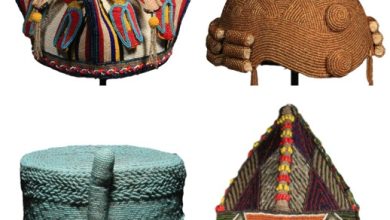
Man arrested for alleged rape, damages victim’s spinal cord
The Ogun State Police Command has arrested a 28 year old man, Goddey Robinson for alleged rape, and thereafter threw the victim into a 10feet ditch resulting in the loss of spinal cord of the victim, who is now bedridden at Orthopedic Hospital, Igbobi, Lagos State.
Penpushing reports that, the Commissioner of Police, Kenneth Ebrimson while parading the suspect alongside other thirty-six suspected criminals for various offences, said, Robinson committed the crime at Ogbara, in Ado-Odo/Ota local government area of the state.
The police boss said, the victim was coming from her place of work, where she performed night duty, when the suspect accosted her in the isolated area, dragging her to a nearby bush, and forcefully had carnal knowledge of her.

‘On the 22nd of April, 2020, while a lady(namewitheld) was coming from her place of work where she performed night duty, she came across Goddey Robinson ‘m’, 28yrs, who has making advance to her before then in an isolated area in the Opic area of Agbara’, Ebrimson said
‘The suspect took advantage of the isolated area, dragged the victim to a nearby bush and forcefully had carnal knowledge of her. Having done that, he strangulated the victim until she momentarily passed out’, he said.

Penpushing further reports that, the Commissioner said, after sometime, the victim regained her consciousness and shouted for help, was later rescued , and the suspect was eventually apprehended on April 24,adding that the victim was still bedrideen at Igbobi Orthopedic Hospital, Lagos for spinal cord injury







